People often encounter what they perceive to be injured, orphaned or sick wildlife. While a truly sick or injured animal may benefit by being turned over to a licensed wildlife rehabilitator, people should leave wildlife undisturbed.
Every spring and summer, well-intentioned people attempt to save young wildlife they believe to be abandoned when usually the mother is nearby. It is normal for many species to leave their young in a nest, thicket or rocky outcrop to keep them hidden from predators or to keep them safe while they search for food. If you disturb a young animal or nesting bird, leave the area. The presence of people near the young will prevent the parent from returning. It is best to watch wildlife from a safe distance and leave wildlife wild.
Most wildlife in Utah is protected by law and cannot be taken from the wild and possessed. Only when an animal is obviously injured, sick or orphaned is there reason to contact a licensed wildlife rehabilitator. Above all, never consider wild animals as possible pets.
There are a number of wildlife rehabilitators in Utah licensed by the Utah Division of Wildlife Resources. Wildlife rehabiliators are trained and have extensive experience in caring for wild animals. The goal of rehabilitation is to release these animals back into the wild once they recover. Rehabilitators are independent operators licensed by the Utah DWR, but are not affiliated with the DWR. The DWR does not necessarily endorse any of these rehabilitators, but they do oversee their operations for compliance with wildlife rehabilitation laws and requirements.
As independent operators, rehabilitators may accept or decline injured, orphaned or sick animals at their discretion.
Please do not call a rehabilitator for raccoons, red foxes, or striped skunks.

